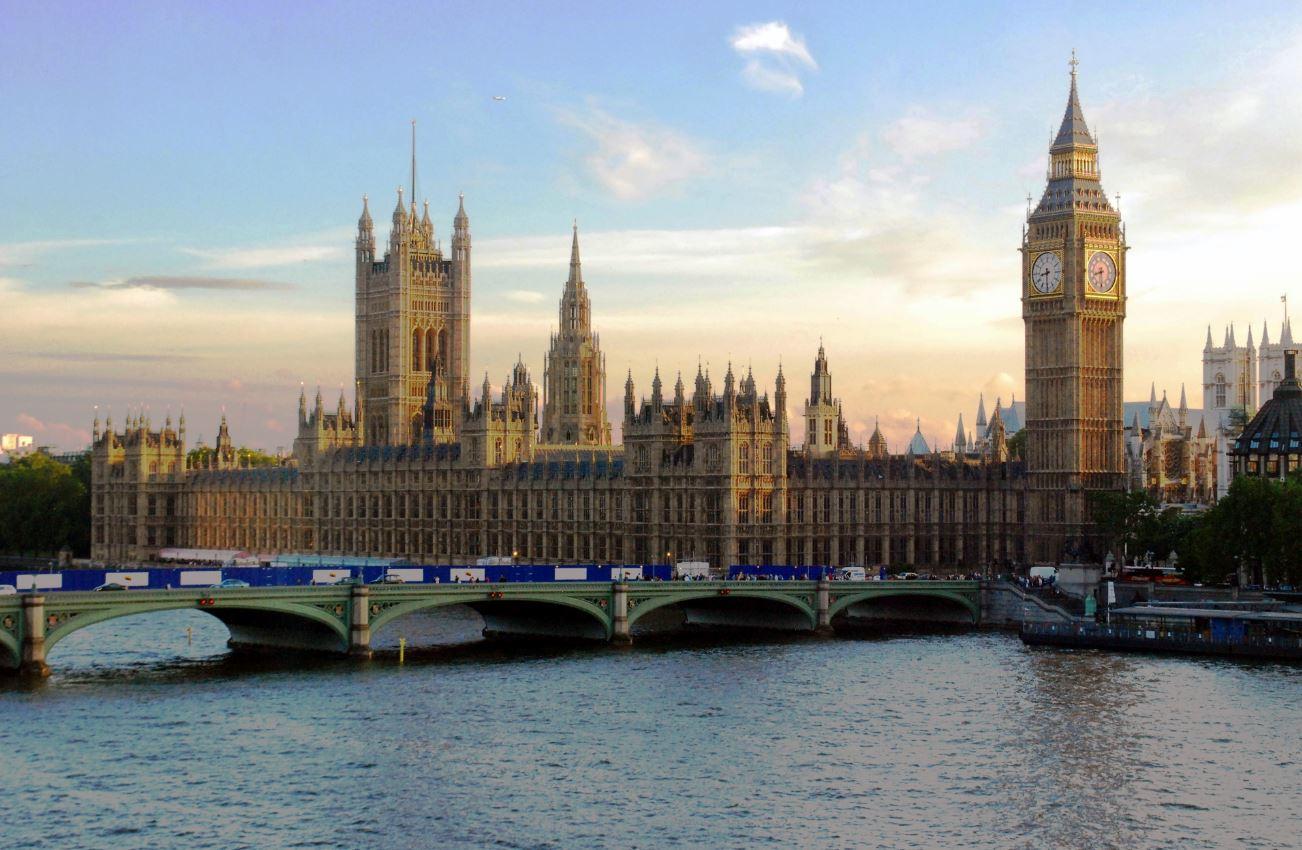LEICESTER, United Kingdom – Bishops in Northern Ireland are calling on politicians to “restore hope and civility” ahead of national elections scheduled for the United Kingdom on July 4.
Prime Minister Rishi Sunak announced the election last month, with his Conservative Party looking like it will fall to the Labour Party after being in power for 14 years.
In fact, according to an Ipsos poll for the Financial Times the Conservatives have lost up to a third of voters who planned to back the party just four months ago, with many of the more rightwing voters backing the Reform UK party.
Northern Ireland voters don’t usually support the usual British voters, and the latest polls show the traditionally Protestant DUP party and traditionally Catholic Sinn Féin Party (which doesn’t sit in the UK Parliament when elected, due to its nationalist views) leading the polls.
In their statement, the Northern Ireland bishops noted that while some hold the principled view that the British parliament should play no part in the affairs of this part of the island, and choose to remain absent from it, “the fact remains that, until a majority of citizens choose otherwise, the decisions of the Westminster parliament impact the lives of every person here in a fundamental way.”
“From social welfare to policies for economic growth, from the core funding formula to the respect for the right to life itself, the politicians elected to the next Westminster Parliament will make key decisions profoundly affecting the lives of every one of us on this part of our island,” the bishops said.
Their statement called on politicians to “give reasons to hope,” and said the deepest concern today is not just the important social and economic issues that have dominated the pre-election discourse.
“We are concerned about a much more fundamental and underlying risk to our society’s well-being – a growing breakdown in social cohesion, and hope,” the statement says.
“People are constantly saying to us things like ‘society is fractured’, ‘politics is broken’, ‘life has never been so stressful’ and, ‘every day is a struggle, like never before’. It is no coincidence that in this environment, our society is also reporting an unprecedented crisis in mental health, not least among younger people and children,” the bishops say.
“Nor is it unrelated that in homes throughout Derry and Belfast, to the most rural areas of the north, the social ‘normalization’ of illegal and legal mind-altering drugs is reaching epidemic levels. People also express concern to us about a growing culture of aggression and lack of civility in all aspects of life, fueled in particular by the lack of regulation of social media,” they continue.
The Northern Irish bishops say the well-being of society, especially of the young and most vulnerable, is the fundamental vocation of politics, and noted that few citizens would say that Northern Ireland society is functioning well.
We believe at the heart of the vision of a vibrant, cohesive and flourishing society is an absolute commitment to the dignity, value and right to life of every person, at every stage, and in every condition of life. If politics is not about respecting, defending and promoting the dignity and value life itself, then what is its core value? We have watched over recent decades, through the Westminster parliament in particular, how respect for the fundamental right to life has been subjected to a reductionist political culture, where people are valued more and more for their utility, or their positive cost to benefit analysis, rather than for their inherent dignity,” they explain.
The Northern Irish bishops call on voters to ask their politicians several questions: What will they do to uphold the right to life of every person, from conception to natural death? What will they do to ensure the most vulnerable, at the beginning or end of their life, will not be at risk from pressure or harm from others to have their lives ended or to end it for themselves? What position will they take in forthcoming Westminster debates about introducing euthanasia and even more radical laws extending the limits on abortion, and discriminating against those in the womb with disabilities?
“There is another rapidly growing threat to life and hope in our society, one that we see on the streets of our cities every day, but also lurks, with increasing social acceptance, in the homes and social venues of communities across the north. This is the near epidemic levels of substance abuse, and the violent criminal industry in legal and illegal drugs that sustains it,” the Northern Irish bishops add.
“It is no exaggeration to say that access to drugs in our society is out of control, becoming more socially acceptable and causing untold damage to individuals, families and whole communities. It is also placing huge additional pressures on our health and policing services,” they continue, saying there is an urgent need to address the drugs crisis in society in a well-resourced, multi-disciplinary way, primarily as a social and medical issue, rather than as a criminal issue to be dealt with as a revolving door phenomenon by the police and prisons.
The bishops also call on politicians to ensure that migrants, refugees and newcomers feel welcome and secure in Northern Ireland, and to “continue to provide a wealth of services in many areas of health, social services, family supports, the arts, social enterprise and local community services, in our communities.”
Follow Charles Collins on X: @CharlesinRome













